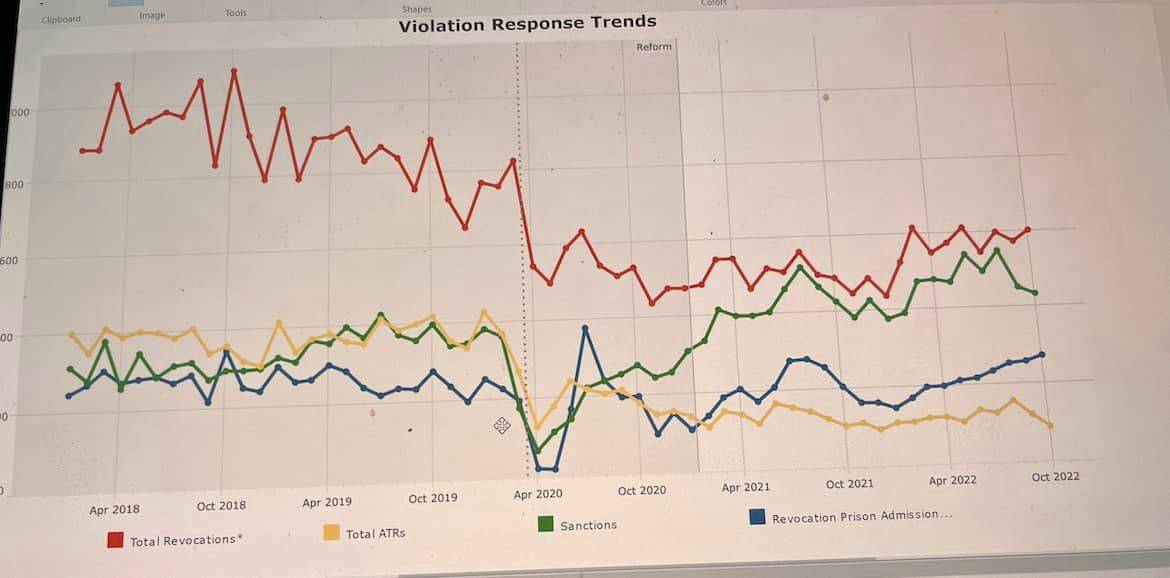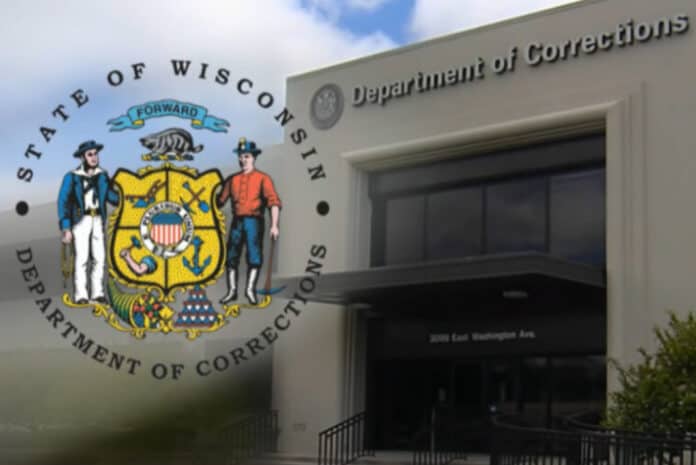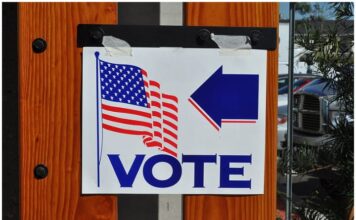“It’s absolutely insane,” a probation and parole agent told WRN. “I could go on for hours. I have completely lost faith in this system. Out of college, it was my dream job and is now a nightmare.”
Revocations for people on probation, parole and extended supervision, including those who commit new crimes, have plummeted in Wisconsin, despite rising crime. They’re down 50% since 2018. Those working inside the system tell us it’s due to policy changes implemented by Gov. Tony Evers’ appointee as Corrections Secretary, Kevin Carr.
They say the new policies are dangerous; they’re creating new victims and destroying morale. And when we asked the state Department of Corrections about it all, they offered NO response.
From 2018-2022, 40,326 people were revoked. That may sound like a lot, but it’s way down. More people are getting sanctions short of revocation, the DOC’s own data shows. And agents we spoke with said those sanctions are more likely to be served within the community, not a correctional setting, leaving re-offenders to stay on the streets.

“In regards to plummeting revocations, we are leaving dangerous people back on the streets on a daily basis because the Milwaukee district attorney’s office takes forever to issue charges or no process them,” a probation and parole agent told us. The agent asked to remain anonymous. Wisconsin Right Now previously reported that DA Chisholm’s office has refused to prosecute about 60% of felony cases; Chisholm no longer publicly lists the non-prosecution data on his website. He has also refused to release names of people not being prosecuted; WRN has had a complaint pending with AG Josh Kaul’s office for more than a year and a half on that issue.
“Our new revocation policy under (Corrections Secretary Kevin) Carr is to pretty much not proceed with revocation unless there are no charges,” the agent said.
“This is directly allowing dangerous criminals to continue to stay in the community and commit new crimes and victimize new people. Even if they do receive new charges, we are offering a great deal of alternative to revocation agreements to community programming,” said the agent.
“This is because the new administration under Carr also got rid of our institutional alternative to revocations in which dangerous offenders would receive their treatment in a confined setting and, if they failed, they would be revoked while being held. Now a days they are doing all alternative to revocations in the community. If they fail they just begin absconding and failing to report.”
We took a closer look at revocations after the Milwaukee Journal Sentinel ran an article by James Causey that makes it sound like revocations are out of control and too draconian and are causing racial disparities in the criminal justice system. The article even quotes an activist as comparing revocations to Russia.
What we found, in fact, is that revocations have plunged. There may be more crime in key categories (such as homicide in Milwaukee) but that isn’t translating to more accountability in Tony Evers’ Department of Corrections. The back end of the system isn’t holding up its end of the deal.
What are revocations? It’s when people are re-incarcerated because they violate the terms of their supervision (for probation, extended supervision or parole), sometimes by committing new crimes. In other words, they were given a chance out in the community and failed it.
Here are the revocations by year:
January 2018-January 2019: 12,387
January 2019-January 2020: 10,862
January 2020-January 2021: 7,587
January 2021-January 2022: 6,446
So far in 2022, revocations are down again when compared to 2018.
The data comes from the state Department of Corrections.
Why were people revoked?
Drug dealing 11%
Firearms 9.7%
OWI 7.1%
Causing bodily harm to another, including domestic abuse 6.8%
Aggravated assault, substantial battery 4.9%
The probation and parole agent told us: “It’s a joke,” saying that some violent offenders are “walking the streets as we speak” because they are getting alternatives to revocation incarceration in the community. Other offenders are simply getting their supervision level increased when they commit new crimes.
The agent said agents have been told recently “to stop addressing non violent violations” and to not “drug test people at every visit and take a statement on their violations.”
The agent added: “Even when we do go to revocation, the division of hearings and appeals has completely changed…The administrative law judges that run these hearings are now ruling that there is not enough evidence to revoke offender supervision because of a lack of preponderance of evidence. The burden of proof that these ALJ’s are now expecting is higher than what is in criminal court. We’re losing revocations but the offenders are being convicted in criminal court.”
Another agent told us in an interview:
“Under Evers, DOC management came up the violation matrix or guide and they claimed it could be overridden to proceed with revocation but that is not what happened. Middle management followed this guide and would discourage any overriding the violation guide.”
He added: “They also refused to have positive UAs (urine sample) be put in custody. The response appeared to be drug users use. Refer them to treatment. Treatment only works when some admits to having a problem and wants to change. This also taught the drug user to ignore the law and continue to use. Enabling them.”
Continued the agent: “Management tried really hard at first to get buy in for not holding people accountable.”
On December 22, 2022, we sent the state Department of Corrections the following questions. They failed to respond to any of them.
-Revocations are down 50% since 2018. Why?
-We are told that (Corrections Secretary Kevin) Carr’s policy is that probation and parole agents should not revoke unless a person is charged with a crime. True? Why?
-We are told that alternatives to revocation are now all being served in a community setting not confinement setting. Why? How is this not endangering the community since these are already people who have failed on supervision?
-What else would you like people to know about both of these situations?
-Also, we noticed the DOC website now refers to inmates as “persons in our care.” Is this now official policy/stance?
– We are told agents are being told not to give drug tests to people on supervision. True or false? Is there any policy about not revoking/re-incarcerating people who violate drug tests or who are arrested/charged with new drug offenses while on supervision?
-Some early releases are not paroles. They are not listed as parole grants. The number of parole grants is smaller than the number of earned releases listed on your website. Why? Through what mechanism are those inmates being released?







![The Wisconsin DOJ’s ‘Unlawful’ Lawman [WRN Voices] josh kaul](https://www.wisconsinrightnow.com/wp-content/uploads/2025/03/MixCollage-29-Mar-2025-08-48-PM-2468-356x220.jpg)







![Phil Gramm’s Letter to Wall Street Journal [Up Against the Wall]](https://www.wisconsinrightnow.com/wp-content/uploads/2025/03/gramm-356x220.png)


















